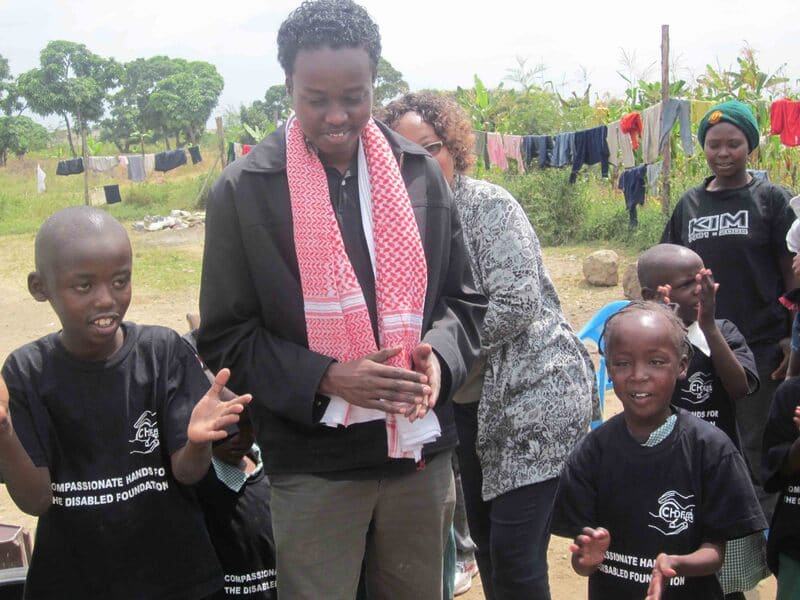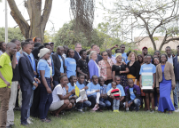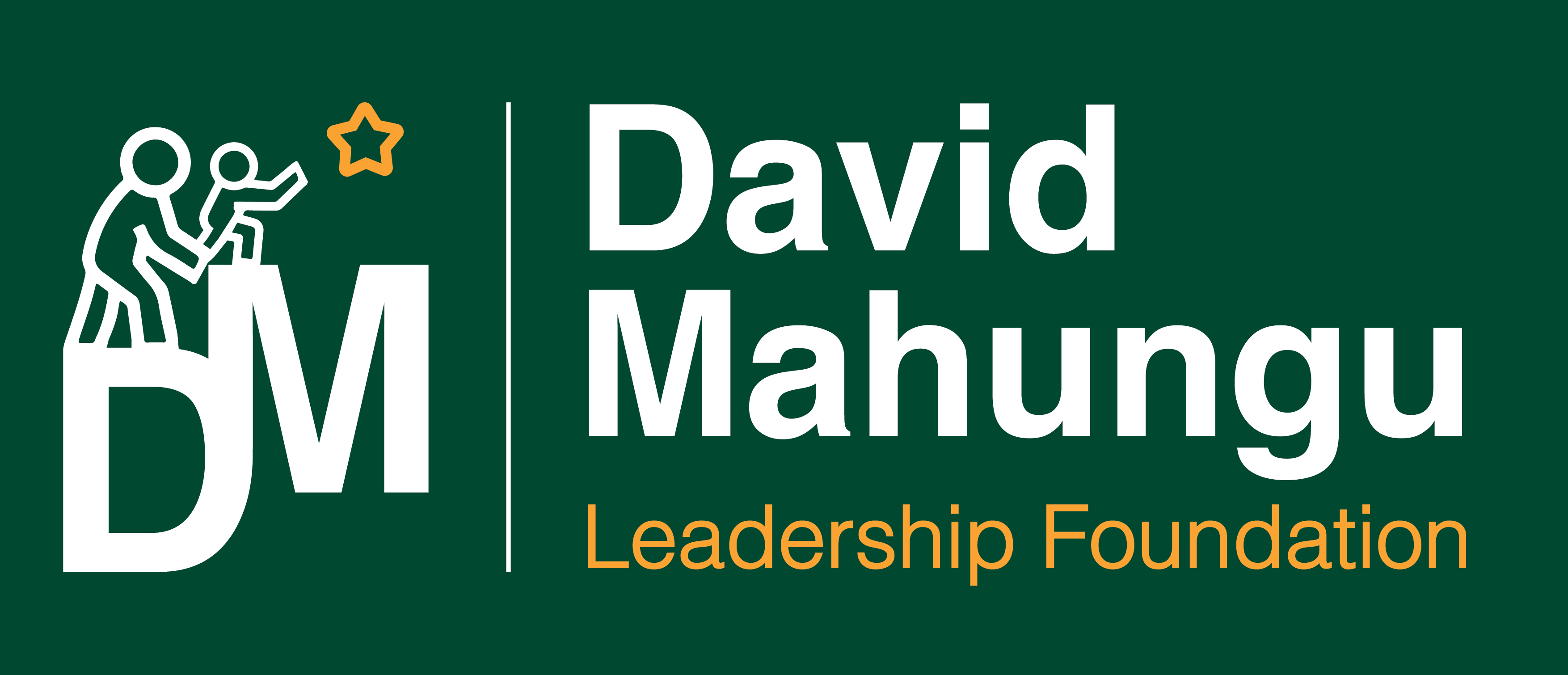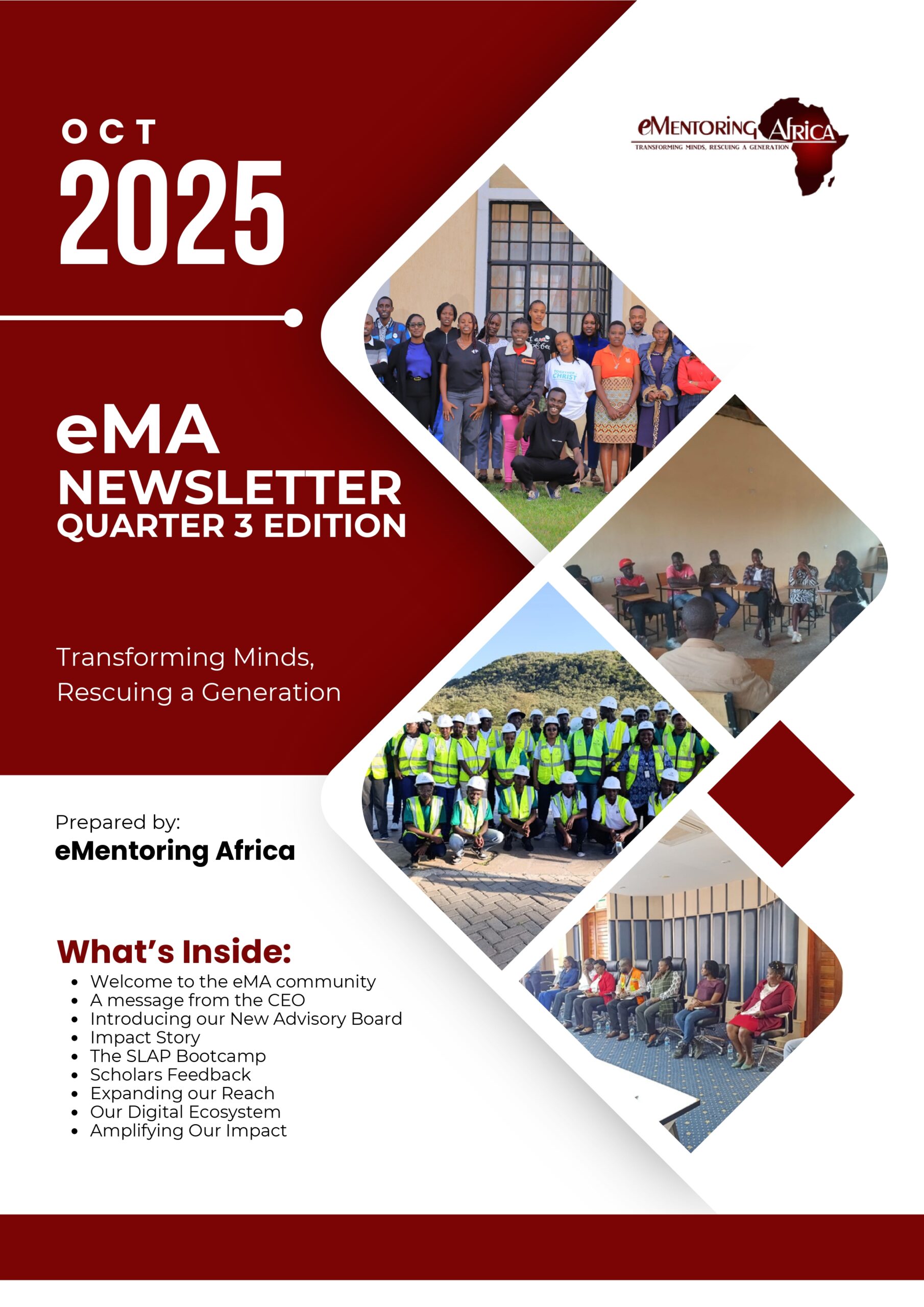Every child, adolescent and young adult regardless of their level of education or economic background deserves an opportunity to be supported and mentored in a path that suits their passion, skills and abilities. eMentoring Africa has over 10 years mentoring experience, matching the needs of the youth across the globe.
We blend mentorship, guidance, values, and personal development to empower young people; from school-age children and adolescents to college and university students; helping them discover their purpose and build a strong foundation for the future...
Learn More About Us
OUR FOCUS AREAS
1. PERSONAL DEVELOPMENT MENTORSHIP


eMA’s Personal Development Mentorship is focused on supporting learners in high schools and tertiary institutions, addressing soft skills and other life skills among learners. In addition, eMA undertakes mentorship support to address transition from high schools into tertiary institutions and entrepreneurship - a stage normally characterized by idleness and more often confusion among young people.
2. E-MENTORING
eMA’s adopts a blended approach in utilizing ICT for mentorship programmes among the youth. This will be achieved through technology innovations that enhance delivery of online mentorship programmes. Youth centered ICT centres and Digicafe’s in selected community institutions/facilities will be a key anchor for such programmes.


3. EMPLOYMENT & ECONOMIC EMPOWERMENT


With a high youthful population in Kenya, there is a growing number of youth transitioning from the education system into the job market and career advancement. However, the numerous challenges in this stage prove to not only diminish opportunities for the youth but also contribute to exclusion and frustrations among the youth.
4. YOUTH WELLBEING
Adolescence is a unique and formative stage in the development of human beings marking the transition from childhood to adulthood. Historically, this typically spans from 12 to 18 years of age. (Jaworska & Macqueen, 2015). This stage is a crucial period for developing and maintaining social and emotional habits important for mental wellbeing. These include adopting healthy sleep patterns; taking regular exercises; developing coping, problem-solving, and interpersonal skills; and learning to manage emotions. Supportive environments in the family, at school and in the wider community contribute significantly to the well-being of young people at this stage.


Blog
January 28, 2026
Our partners & sponsors
Testimonials from our programs
The facilitators made every session so engaging and lively. I loved how young and relatable they were; it made it easy for me to open up and really absorb the lessons

This bootcamp completely changed how I see leadership. It’s not about titles; it’s about self-awareness and guiding others with empathy. I finally get it

The fellowship helped me sharpen key soft skills including time management, creativity, and human-centered innovation. I learned to work in diverse teams and appreciated the value of peer-to-peer learning

The Emotional Intelligence session changed everything for me. I used to react impulsively, but now I understand how to manage my emotions and connect better with others as a leader

The program helped me refine my leadership style, improve my communication, and become more confident in how I communicate my value. I embraced networking more authentically




















